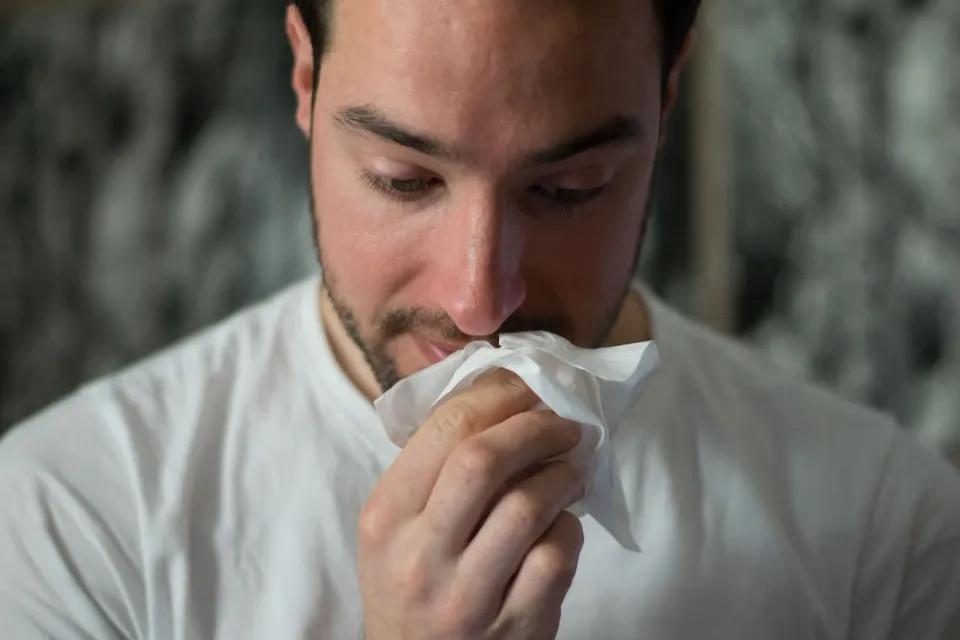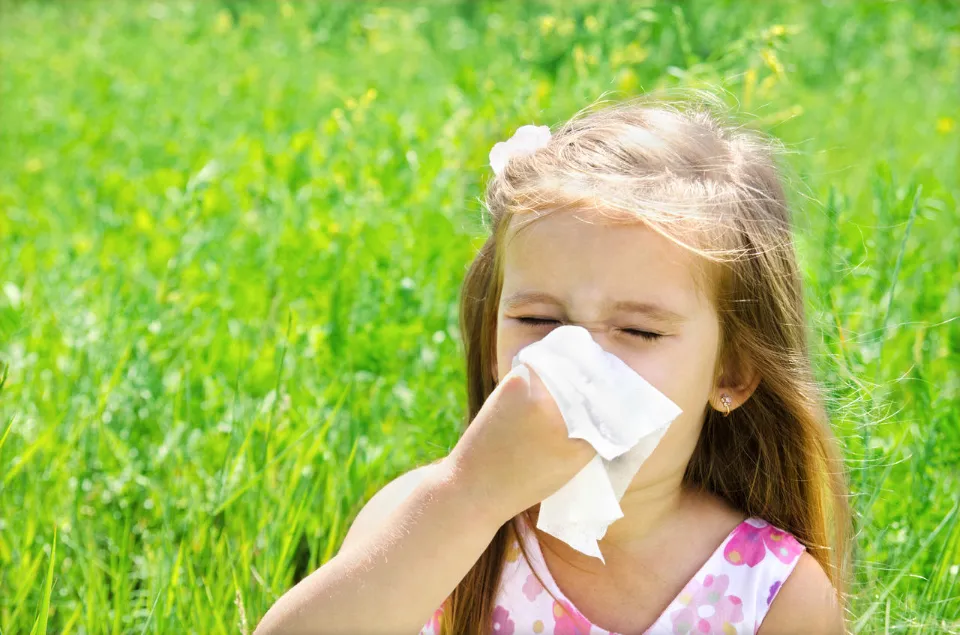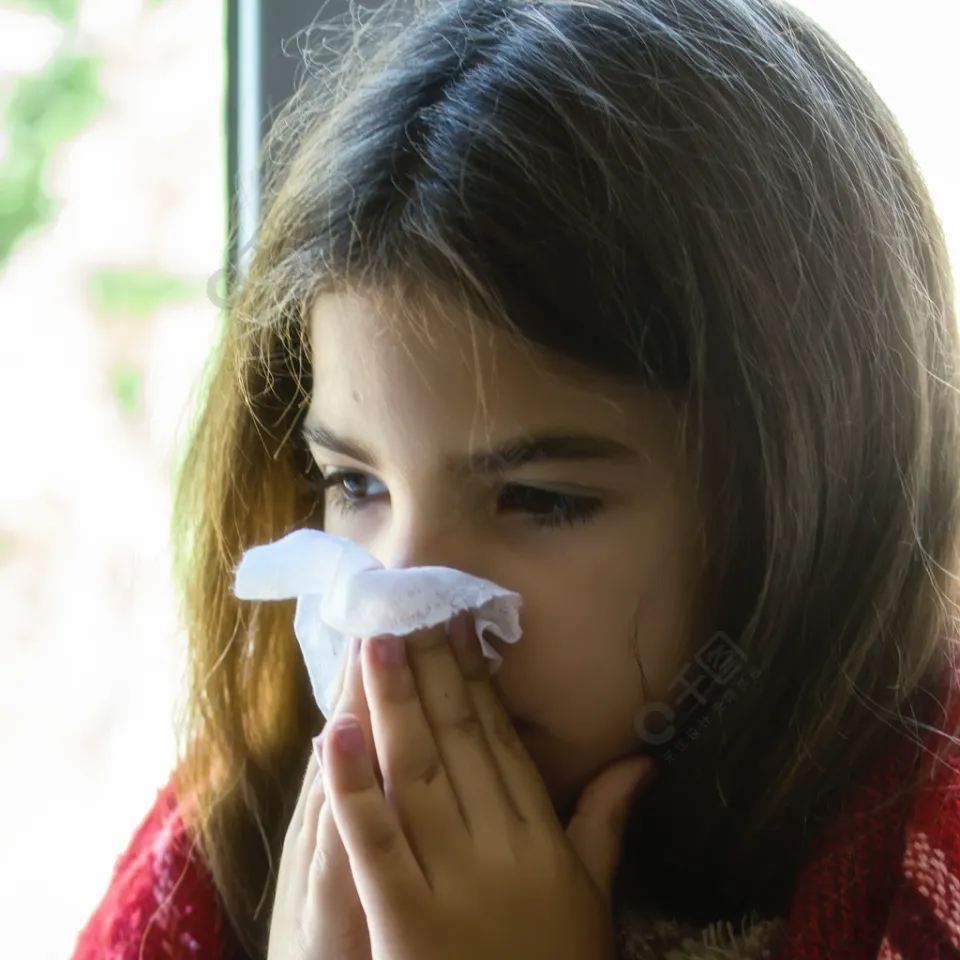
Does Teething Cause Runny Nose – Separating Fact from Fiction
When their children have runny noses, parents frequently wonder if teething is to blame. In this article, we examine the teething-runny nose connection and separate fact from fiction. You can best care for your child and allay any worries by being aware of the actual causes that may contribute to a runny nose during teething.
Join us as we uncover the facts and dispel common misconceptions about runny noses and teething.
What Are the First Signs of Teething?
In terms of when teeth erupt, every baby is unique. Some infants don’t have any teeth until after their first birthday, while others start to erupt around the age of four months. From the age of three months to three years old, teething can start at any time. The first symptoms are frequently excessive drooling and a baby rubbing his or her gums with anything they can.
A teething infant might be crankier than usual, cry a lot, have trouble falling asleep, and be a little more agitated. Some infants may experience low-grade fevers of less than 101 °F. It’s most likely a virus, not teething, if your child has a fever higher than 101, diarrhea, or runny nose.

What Are the Regular Symptoms of Teething?
The main signals of teething are:
- Drooling
- A face rash, which occurs when drool contains small particles of food that irritate the skin
- An increased desire to chew on things
- Fussiness
- Mild gum pain, which can result from germs in the mouth getting into new breaks in the gums, and not all children feel it
Teething is unlikely to cause:
- Excessive crying
- A high fever
- A loss of appetite for liquids
- Disturbed sleep
- Diarrhea or loose stools
- Vomiting
- Voughing
Is There Anything to Avoid When Your Baby is Teething?

Yes! Over-the-counter medications that contain benzocaine such as BabyOragel, Anbesol or Orabase should NOT be used for teething. An uncommon but serious blood disorder called methemoglobinemia can be brought on by the anesthetic in these products. The Food and Drug Administration (FDA) has even requested that these products’ manufacturers stop advertising them for use in children.
Read More: Baby Ear Infection vs Teething
Because these products contain variable amounts of belladonna, the FDA has also advised against using homeopathic teething tablets. Amber teething necklaces should be worn with caution. These necklaces put people at risk of choking and strangulation. Before naps or going to bed, take off any amber jewelry you may be wearing.
How Long Does Teething Last?

Every child differs from one another in terms of a variety of factors, including when teeth erupt, when teeth fall out, how uncomfortable teething is, and how long the teething phase lasts. While some kids (like my dear girls) take weeks or months of discomfort to erupt just one tooth, others (like other kids) quickly erupt several teeth at once.
Just keep in mind that in the grand scheme of things, teething is nothing more than a stage, a mere blip on the radar compared to the wonderful days, weeks, months, and years you will spend with your child. Simply be there for them, shower them with affection, and work to ease them through the stage as gently as you can!
Takeaway

People frequently blame teething for symptoms like a runny nose. There is no proof that teething, however, results in a runny nose, fever, diarrhea, vomiting, or excessive crying. More frequently than not, exposure to the outside world and illnesses contracted as a child cause these symptoms.
Consult a doctor if a baby is unresponsive, feverish, or exhibiting severe or lingering symptoms. Anytime an infant’s symptoms are troubling, talk to a medical professional.





Average Rating